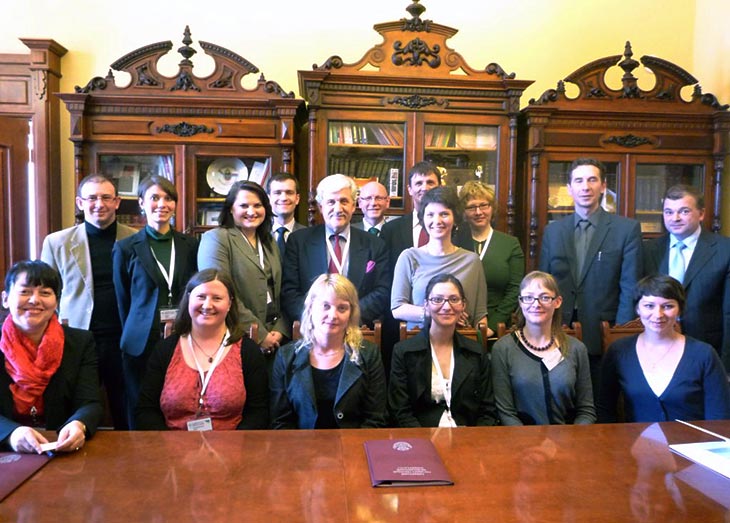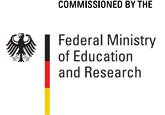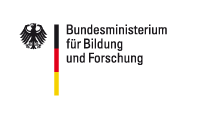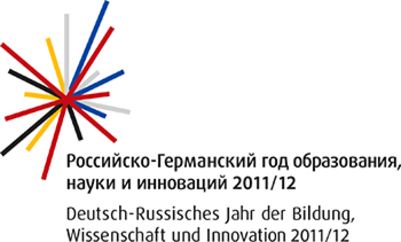A varied program for the “German Science Days” was put on together with the regional administration of Tomsk, Tomsk Polytechnic University, the State University of Architecture and the Russian-German House in Tomsk. The German-Russian Nanotechnology Forum (Deutsch-Russische Forum Nanotechnologie), which forms part of the bilateral NanoBRIDGE project, and the “Diffusion of Sustainable Technologies in Construction” workshop of the German network ENNA - Energy Efficiency and Sustainability of Buildings provided scientists, experts and students with two days of opportunities to discuss the latest technology and developments in the fields of nanotechnology and energy-efficient and environmentally friendly building. The two workshops were the only events carried out by foreign institutions as part of the INNOVUS forum and they demonstrated the considerable amount of interest among German research and technology networks in cooperating with Russian scientists and researchers.

Visit of the Siberian State Medical University © Gabriele Pfeifer / COMMIT Group
In addition to the expert forums on nanotechnology and sustainable building, further events encouraged contact between German and Russian scientists including an information event by the BMBF, which provided university representatives and students with information on education, research and funding in Germany.
The Science Slam, which was held on the evening of the first day of the event and which attracted over 300 students, presented science in a completely new way. Six Russian scientists had qualified for the competition and they each had ten minutes in which to present the results of their research to the fascinated audience. They were so successful that three candidates ended up in a play-off and in the end two winners were chosen: Nikolay Englevskiy, who introduced the audience to the Opistorchis parasite, and Timofey Solovev, who impressed with his compression of digital videos.
The IMAGINARY exhibition, which was officially opened in Tomsk during the “German Science Days”, also brought complex subjects into the limelight by demonstrating the fascinating geometric images that can be created from highly complex algebraic formulae. The interactive travelling exhibition of the Mathematical Research Institute of Oberwolfach, which has already been a resounding success in many countries, continued to attract many visitors on its first day in Tomsk, too.
The round table with representatives of the Tomsk administration provided plenty of opportunities for networking and acquiring in-depth information. Fifteen members of the German delegation met with representatives of the regional administration such as the Head of the Department for International and Regional Relations, Alexei Stukanov, or the Chairman of the Committee for Innovation and Business Support, Grigory Kazmin, to discuss partnership opportunities in education, science and innovation. Due to its high concentration of universities and academics and its lively start-up and spin-off scene, Tomsk was made one of Russia’s special economic zones and, as a scientific centre for Siberia, it offers ideal points of contact for German research institutions and companies.
The programme also included a visit to the student business incubator at the State University for Control Systems and Radioelectronics, which supports the students’ projects by providing advice, office space, laboratories and loans. There were also insights into the work of the entrepreneurship centre at Tomsk State University, the science centre at the Siberian Branch of the Russian Academy of Sciences, the Siberian State Medical University and other research and development centres in Tomsk. They showed that the fields of medicine and health, nanotechnology and energy efficiency offer particularly good opportunities for developing established contacts, for example through the joint staging of science workshops. The regional administration also agreed to lend its support to local initiatives by German research institutions and companies, for instance in the search for suitable partner companies in the Tomsk region.
Successful practical examples and specific experiences of German-Russian cooperation were discussed during the business round table for nanotechnology, which included Tomsk scientists and entrepreneurs along with members of the German delegation such as the German Consul-General in Novosibirsk, Neithart Höfer-Wissing, and host Alexan¬der Geier, head of the Russian-German House in Tomsk.










